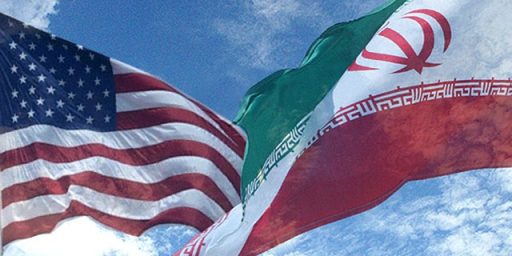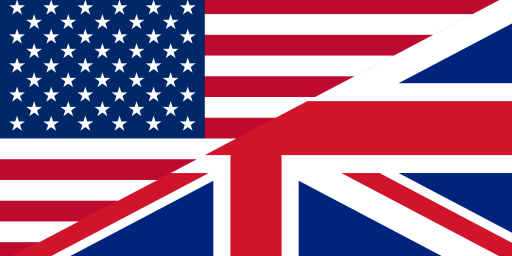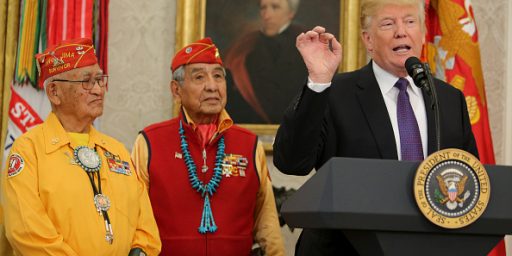English Iran’s Lingua Franca
Hilzoy and Andrew Sullivan pass along this interesting tidbit from Slate’s Christopher Beam:
Post-election protests continued in Tehran for the fifth day on Wednesday. In many photos, riot police wear uniforms with the English word police on them. Ambulances, too, bear the word ambulance in English. Why not use Persian words instead of their English equivalents?
Because everyone knows English. Like many capital cities, Tehran has its emergency personnel wear markings that are internationally recognizable. Street signs, too, are translated into English, and police cars are generally inscribed in both English and Persian. That makes the city more tourist-friendly without sacrificing clarity for locals. After all, the Persian word for police is the same: polise. (Persian, or Farsi, is an Indo-European language that uses an Arabic script, but people will often use Latin lettering, also known as Penglish or Fingilish, especially when typing or texting.) It’s also the same word in French (police), German (polizei), Italian (polizia), Czech (policie), and many other languages. Iranian students are required to take English classes in high school. So using the English word for police actually maximizes the number of people who will understand it.
Police isn’t the only word Farsi borrows from English. There’s a long list of “loanwords” that have trickled into the language since World War II. For example, Iranians use the words computer, chat, and mobile (as in, cell phone) in the same way English speakers do. Hot dog isn’t a perfect translation, but it refers to a sausagelike sandwich popular in Iran. Persian slang often incorporates English, too. The phrase love terekkundan—literally, to burst with love—is slang for hooking up. Top means cool. And you can use the phrase trip zadan to say, “He’s tripping,” in a literal (i.e., drug-related) or figurative sense.
Yet more evidence that English is gradually becoming the world’s universal language. Indeed, there are few major cities in the world where English speakers can’t get by quite comfortably.
If your native language is not English, then English is hands-down the obvious choice for a second language. If you travel at all, it’ll frequently come in quite handy. For that matter, even if you don’t travel, it’d be useful in watching movies. Conversely, if you’re a native English speaker, it’s not at all obvious what second language you should learn. Unless you routinely travel to a specific place or live in an area with a large immigrant population, you’re unlikely to use it with enough regularity to be worth the effort in learning, much less keep your skills sharp.






What’s funny too, I’m studying Farsi, and for a lot of the more modern phraseology there’s a heavy French influence – the explanation I got was that it was an anti-western/UK thing.
How things change…
Are there a lot of dialects of Persian? That’s apparently the reason English is so popular in India, where the dialects are so different that they often can’t communicate in Hindi.
Within Iran there are two or three different dialects of Persian spoken. However, only a little over half of Iranians speak any dialect of Persian as a first language. Other languages spoken as first languages include other members of the Iranian family, Luri and Lari, various Turkic languages, Kurdish, Baluchi, and Arabic.